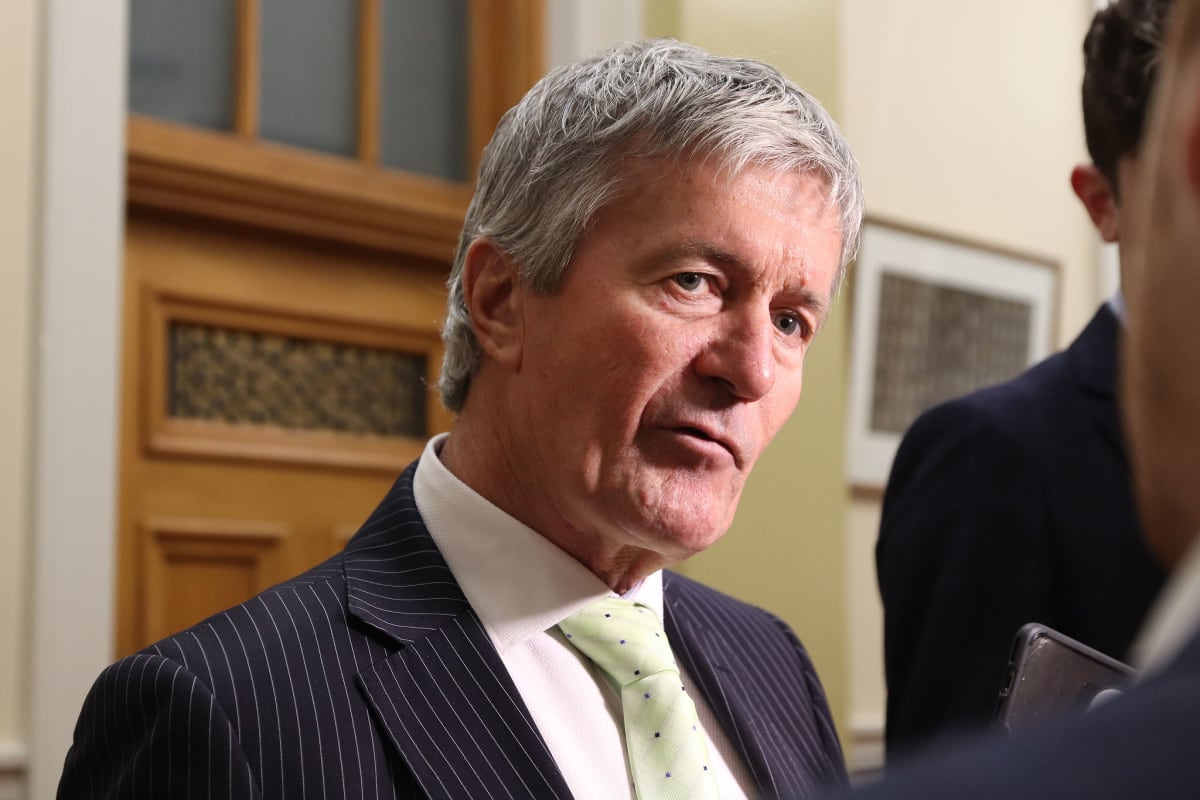While the Government has trumpeted the benefits of an FTA with the UK for Māori exporters, a Tiriti o Waitangi analysis produced by an independent group says there are grounds for concern
New Zealand’s trade deal with the United Kingdom falls short of Te Tiriti o Waitangi obligations and both governments should “step back” to renegotiate a new text, a Māori trade group says.
Ngā Toki Whakarururanga was set up in late 2020, following mediation between the Crown and the claimants from a Waitangi Tribunal inquiry into Māori involvement in trade negotiations.
In a Tiriti assessment of the FTA shared with Parliament’s foreign affairs, defence and trade committee, Ngā Toki Whakarururanga said the trade negotiations had been entirely controlled by the Government.
It alone had decided the negotiating mandate, what compromises were acceptable and the final text, with no role at the table for Māori separate from the Crown.
When Ngā Toki Whakarururanga’s technical advisers were provided with an edited version of the draft text in late 2021, its contents had to be kept secret which meant they could not consult with affected Māori outside the rōpū (organisation).
“Most of the input from the advisers on this text was too late to be effective and had a minimal impact on the final FTA.”
A reference group of Māori leaders had only discussed a Māori trade chapter (with little final effect) and not the risks from other chapters, despite a request to do so.
The report said the Treaty of Waitangi exception clause allowing the Crown to accord “more favourable treatment” to Māori remained unchanged from previous FTAs dating back to 2001, despite recommendations from the Waitangi Tribunal, the Government’s Trade for All advisory board and the mediation agreement that more effective protections were needed.
“There is a serious risk that repeating these Tiriti breaches will create precedents that become so embedded that they are impossible to remedy.”
– Ngā Toki Whakarururanga
“The effectiveness of the Treaty exception also relies on the Crown recognising there is a Tiriti issue, being prepared to act on it when doing so would breach the FTA’s rules, and being willing to defend its actions by invoking the Treaty exception if it is challenged.”
Referring to the Waitangi Tribunal’s ruling that the electronic commerce provisions of the CPTPP trade deal were a breach of Te Tiriti, the assessment said the Crown had failed to fix that issue in the UK deal, which contained nearly identical digital trade rules.
That oversight “must have been a conscious decision” given the Waitangi Tribunal’s e-commerce hearing was in late 2020 when trade negotiations were already underway.
The Government had still not responded to the tribunal’s report or indicated how it would stop such breaches from happening again, Ngā Toki Whakarururanga said.
“As the tribunal recognised, there is a serious risk that repeating these Tiriti breaches will create precedents that become so embedded that they are impossible to remedy.”
The Māori trade chapter, while a first for New Zealand, focused on commercial interests for Māori rather than addressing broader concerns about the protection of their rights and interests.
It was also not enforceable, while the benefits for Māori exports were not specific but rather as a share of general gains from sectors where Māori businesses had a strong presence.

There were also no provisions to protect matauranga Māori (Māori knowledge) from exploitation, as the group said had occurred when the UK’s Intellectual Property Office denied a trademark for mānuka honey “based on cultural ignorance and culturally inappropriate legal tests”.
New Zealand and the UK needed to deliver a trade agreement which was truly transformative for Māori rather than a continuation of the status quo, the group said.
“There is still time for both governments to step back, acknowledge their failure to meet their shared obligations as the Crown under Te Tiriti o Waitangi and its foundation in He Whakaputanga o Te Rangatiratanga o Nu Tireni, and renegotiate a Tiriti-based alternative with Māori genuinely at the table.”
Trade and Export Growth Minister Damien O’Connor told Newsroom he was “absolutely” confident the UK trade agreement fully upheld the Crown’s Treaty of Waitangi obligations, despite the concerns of Ngā Toki Whakarururanga.
“They’ve been really fairly consistent in their criticism and so it’s not unexpected, but I’ve consulted widely with Māori leadership groups and they generally endorse what we’ve achieved here – the potential for Māori is huge through commercial and cultural connections back to the UK.”
Asked whether the Government intended to review the current Treaty exception, O’Connor said it was still considering recommendations from the Waitangi Tribunal and others but in the meantime was ensuring “extensive consultation with Māori when it comes to trade issues”.
A national interest analysis of the FTA produced by the Government suggested gains from the deal would be particularly important for Māori firms, as they were likely to face larger barriers to exporting.



